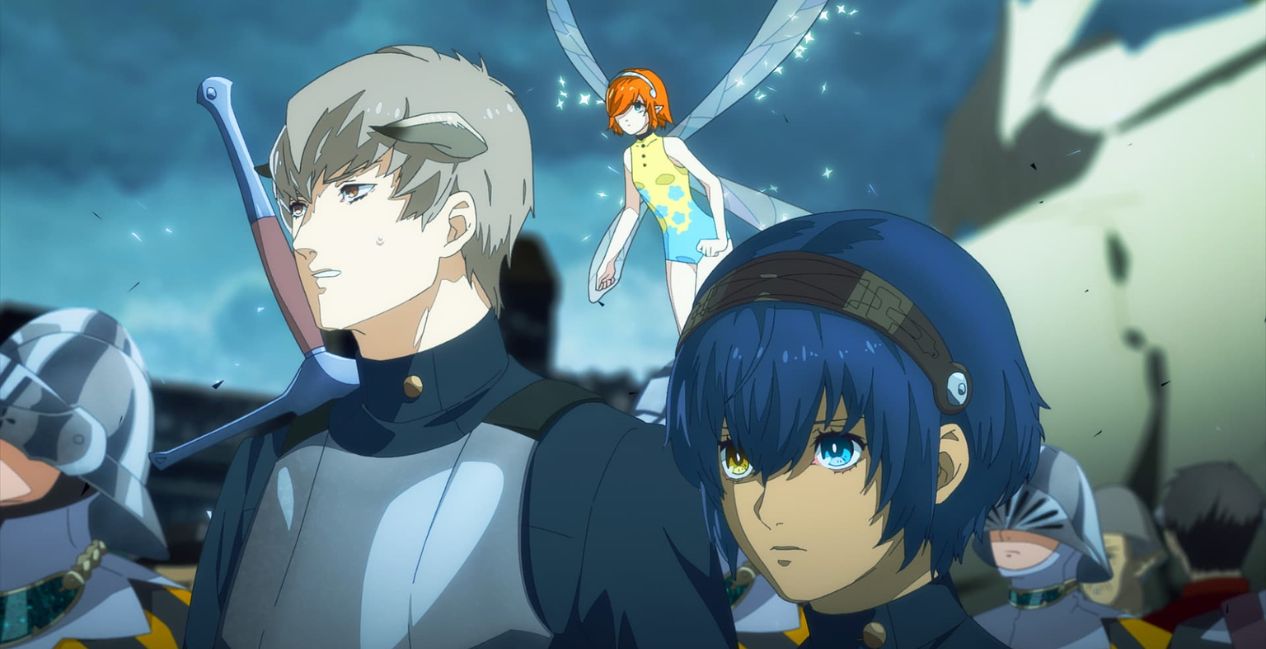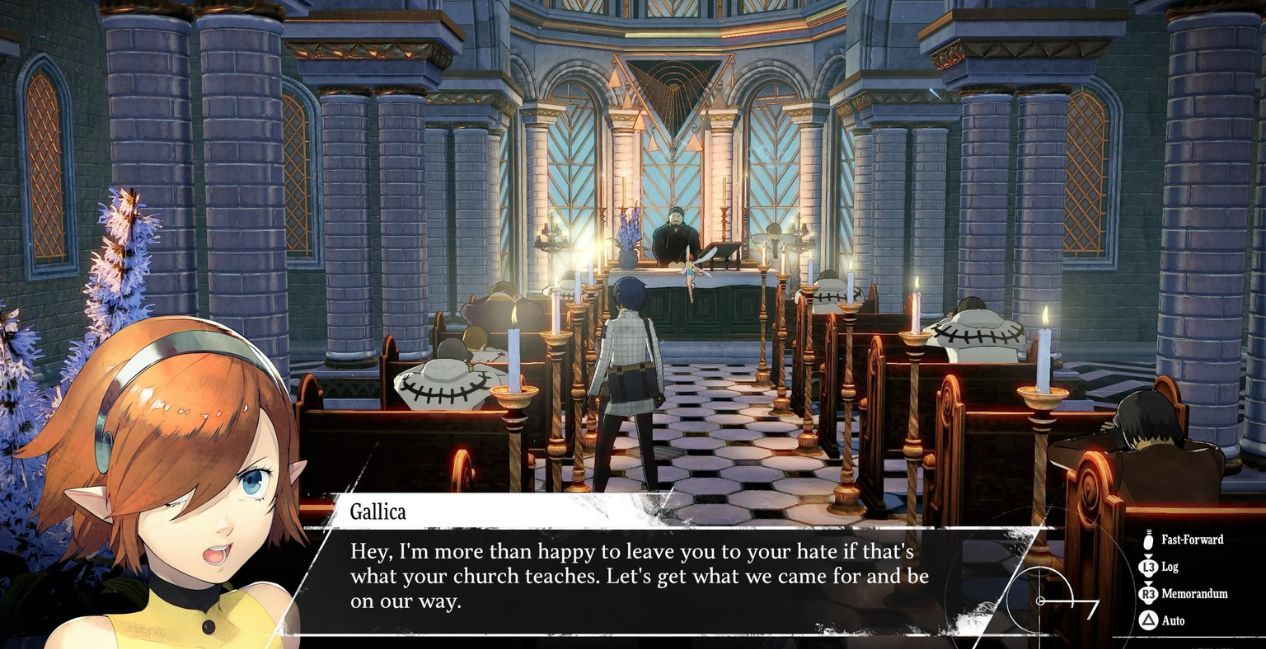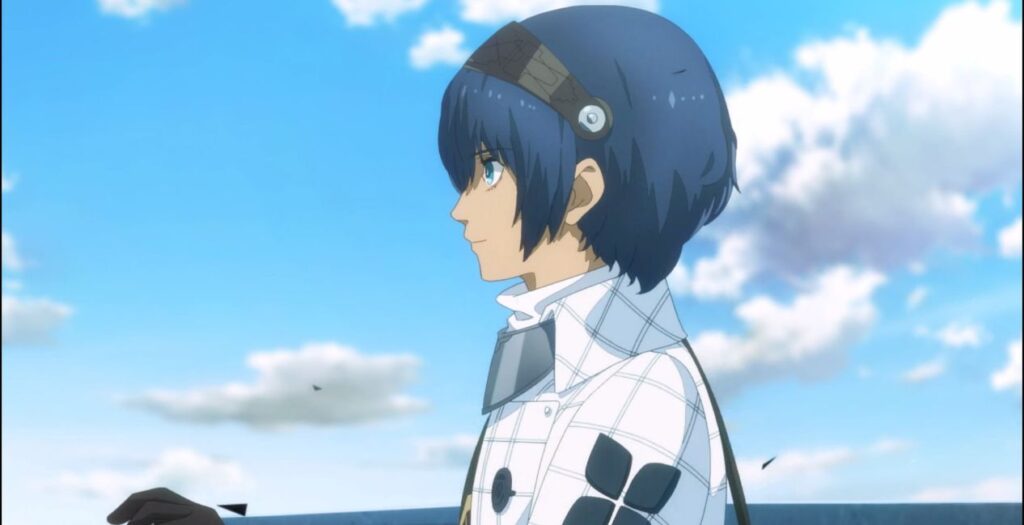Everyone has their own idea of what a perfect world would look like. As a six-year-old, a perfect world was one where I could have chicken nuggets and ice cream for every meal. While that idea of perfection hasn’t exactly changed 22 years later, the complexities of the real world have dramatically changed how I view things. Metaphor: ReFantazio dives deep into these complexities and does not pull its punches when it comes to how racism and oppression not only stand in the way of an ideal world but are often a foundational tool used to justify the “perfect world” for some.
Metaphor: ReFantazio is centered around the United Kingdom of Euchronia, a fantasy world in turmoil after the death of King Hythlodaeus V at the hands of his general Louis Guiabern. This kingdom is made up of many different tribes that are all treated differently despite their “union” as one kingdom. Discrimination is introduced immediately and is the foundation of the main character Will’s journey.
Will is from the Elda tribe. The Elda are as outcast as it gets since they are considered tainted by a forbidden magic. People like Will have no chance of living in a world where they are treated equally, at least not at first. That changes when the ghost of the King announces a Royal Tournament to decide his successor. This gives Will and anyone like him a chance to rise up from their station and change the world for the better.

What could have followed here is a by-the-numbers and naive story about a man who fights off the evil racist overlords and creates a perfect world where everyone is treated equally. I fully expected Metaphor: ReFantazio to glance over the realities of inequality and focus more on a feel-good story about how society can come together and fix things with the snap of a finer. I was pleasantly surprised that instead, the game did not shy away from the grim realities of inequality.
Systemic racism is real in Metaphor: ReFantazio and is an ever-present threat. While Will is collecting support, he is constantly met with examples of how the entire world of Euchronia is designed to oppress the tribes that are seen as lesser, and not everyone is willing to admit that. It was eye-opening to see a game take such a firm stance on the idea of systemic oppression and the fact that most people who are not affected by it, and even many who are, are unwilling even to admit that there is a systemic problem.
There is a hierarchy in Euchronia based on the physical characteristics of the different tribes. In fact, Will’s people the Elda are the ones that appear the most “human” and are the most discriminated against. By choosing to make the most human-looking characters the in-universe punching bag for racists, it sends an obvious message to players about the horrors of racism. It is easier to dismiss the mistreatment of an alien race, but when the character being constantly put down by NPCs for the way he looks would not seem out of place at your local Walmart, it is virtually impossible to miss the point.

The most obvious example of systemic oppression is the way the kingdom’s state-sponsored religion treats the Elda. They are officially outcasts for their magical abilities, but no amount of winning over hearts and minds will change how the church views them. There is plenty to feel good about when Will starts to win over the people, but the only way to truly change the way things are is to dismantle systems like the religion that has deemed his people as unworthy of living in society.
Along Will’s journey to establish a better world, several characters help share his dream. Some, like Catherina, are ready to bust out the guillotines and eat the rich. Others, like Will’s fairy partner Gallica, help keep him grounded and give a more idealized approach. One line in particular that stands out is “All are equal, all live in safety, and the rich and poor are as one. With no gaps, no conflict. All are friends, deserving of our help.”
It helps that one of the game’s main features is establishing bonds with other characters to increase combat potential. This is slightly different from the Persona route; you aren’t there to romance the other characters but instead try to understand them better and figure out a better path forward with newfound allies. It is a great way of taking a familiar relationship-based system and centering it around the individual and class struggles in the world of Euchronia.
When you take such serious subject matter and wrap it up in a well-polished package, the experience becomes so much more poignant. Combat is incredible, and the menu design is top-notch, making players want to spend more time in the world. The more time they spend, the more there is to discover how serious the issues of racism and systemic discrimination are, and it might even get players to think about the parallels to the reality that Metaphor: ReFantazio is a commentary on.
Metaphor: ReFantazio is available now on PlayStation 5, Xbox Series, PlayStation 4, and PC.







